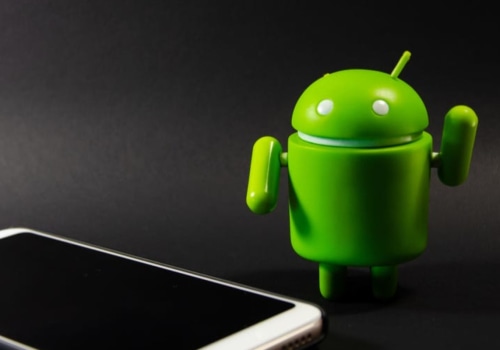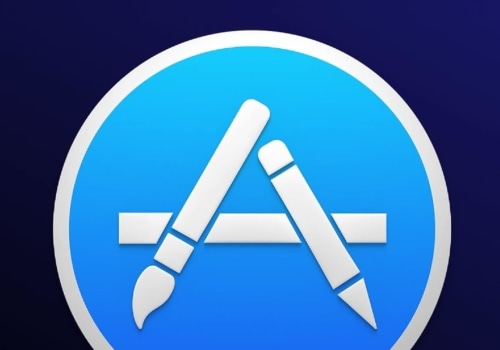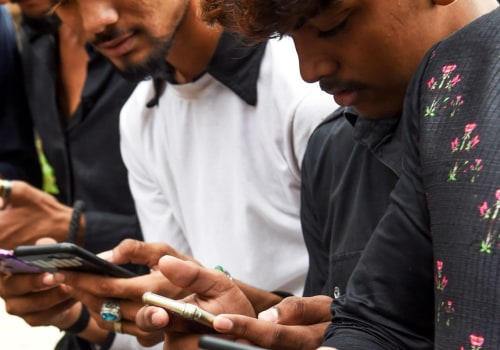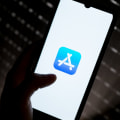Perhaps the easiest way to add apps to your iPhone without using the App Store is by using a technique called automatic download. Sideloading is the name used to install applications directly on the iPhone instead of using the App Store. For most people, that's absolutely true. The vast majority of iPhone applications can only be installed through the App Store, and Apple doesn't offer an official way to install software outside the App Store using an installation file downloaded from the Internet, a process called remote download.
By installing unauthorized applications from alternative sources, you are circumventing these security measures. It is important to be very careful with the applications you decide to download, and to check and recheck the background of these applications and the background of the developers who create them. In general, you should only install apps outside of your phone's app store if you have a very good reason to do so. If the App Store is missing on your device, you might have parental controls turned on.
Adjust iTunes & purchase settings in the App Store and be sure to select Allow in the app installation settings. The App Store should reappear on your device. The most popular way to run software programs such as games on an iPhone without downloading them from the App Store are applets. The advantage is that you can use alternative app stores, install any application you want, and access the main iOS files.
While the App Store ecosystem may be restrictive, it is so that Apple can ensure the quality and security of applications. You can install applications from file synchronization services, such as Dropbox, as long as you enable this feature for the corresponding application. In addition, this application can help you in many ways, since it provides you with many different categories of applications, such as games, entertainment, books, etc. Another way to install applications that haven't been published in the Apple App Store is to use a program called TestFlight.
This airport's goal is to provide app creators with feedback from many evaluators to improve their applications before their launch, co-creator Siddarth Sharma told CNBC. Similarly, Apple devices can also solve the problem of installing apps that aren't available on the App Store by jailbreaking the device. Like Tutu Helper, you don't need to jailbreak your device to download apps that aren't compatible with Apple. Finally, web applications are sometimes an option if you need to access applications that aren't in the official Google store.
If demand for Epic prevails and Apple is forced to support alternative app stores on the iPhone, these existing methods could offer a preview of what the future iPhone app market will look like. But it's still small compared to the App Store, and the limit of 10,000 users per TestFlight app ensures that it will stay that way.






